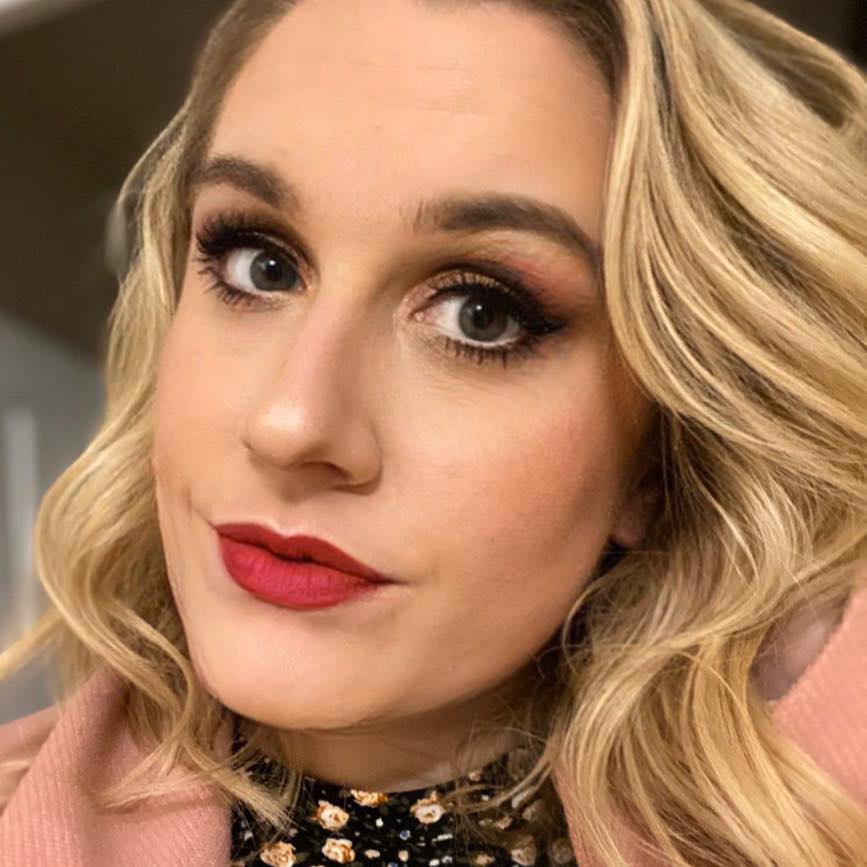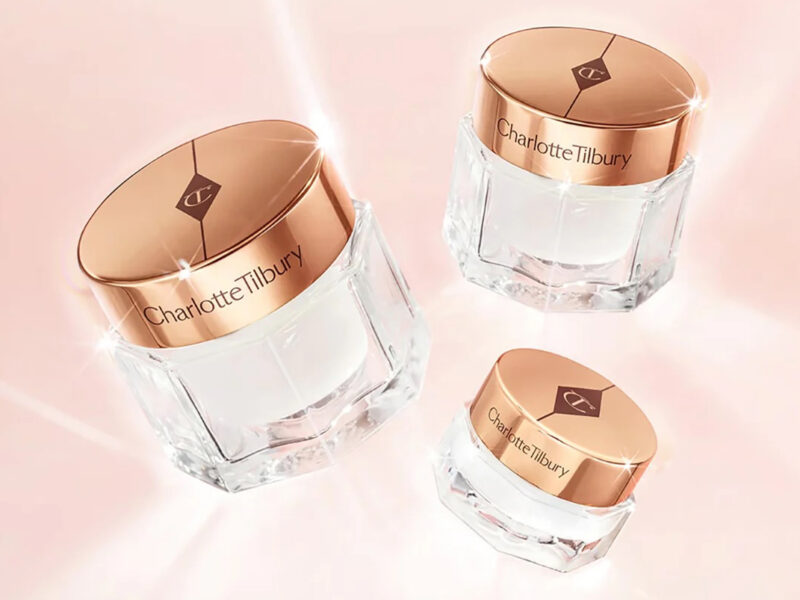
The Big Vagina Report 2023 reveals how thousands of women across the UK are scared, ashamed and embarrassed about their vagina and vaginal health
Whether it’s discharge, sexually transmitted infections, or just being more open about sex, a large-scale survey of women across the UK has revealed just how ashamed and embarrassed we are when talking about our vaginas.
Titled The Big Vagina Report 2023, the survey from Balance Activ wanted to discover how women across the country feel and view their vaginas, and where these patterns of behaviour around this very normal, but very taboo subject come from.
The survey revealed that a fifth of women learnt “nothing at all” about female anatomy at school and were taught, from an early age, to hide their experiences and ‘be discreet’ when referencing anything to do with their bodily functions.
This has seemingly carried on into adulthood because 66% of women then said they “rarely or never engage” in conversations about their private parts with 46% admitting they’re not sure if what is happening in their vagina is considered normal or abnormal.
FURTHER READING: The best intimate products for all your period and feminine hygiene needs
 Getty Images/iStockphoto
Getty Images/iStockphoto When asked why this is, more than three-quarters said they would be embarrassed about talking their genitals with people they didn’t know well, and what was perhaps more worryingly 39% of women said they would even be embarrassed talking to a health professional about it.
When asked about buying intimate health products – which include sanitary towels and tampons – more than a fifth (21%) admitted to whispering or using a lowered voice in order to get intimate products from behind the counter.
We recently published a series of content centred around the subject of female masturbation and sexual wellness. This includes guides on the best vibrators for women, and how masturbating is good for your skin and hair. We also have an entire guide on how your skin and hair change at each stage of your menstrual cycle.
The inspiration for this series was a report that found that 78% of adults globally touch themselves regularly – including 78% of British women – yet it’s still considered taboo, or shameful.
It’s telling that Google has banned adverts being shown on or around this series of articles because they contain adult content. What’s even more telling, is that we published very similar pages on our sister site, MBman, talking about male sex toys and masturbation and those pages (as of yet) haven’t been restricted.
This all seemingly feeds into the wider belief held by the majority of the women in the Balance Activ survey that their vagina, and everything to do with it, is off-bounds and frowned upon.
FURTHER READING: #Vulvalution: Cult Beauty teams up with Lady Garden to get more people talking about gynaecological cancers
 Shutterstock
Shutterstock Among the vagina-related topics discussed in the survey, half of the women said they would feel uncomfortable talking about discharge, followed closely by
For the younger generations, the most popular reason cited was fear of judgement.
The fear and embarrassment are so high, the survey found that many of us don’t even refer to our private parts by their real name.
Over a quarter of women (26%) have given their vagina a nickname, and 7 in 10 said they would just like to minimise chat about their vagina as much as possible.
 Balance Activ
Balance Activ Elsewhere in the survey, 45% of women said that they have experienced their vagina secreting a discharge they had no idea about how to identify on their own.
Over a fifth (22%) are not confident they know the symptoms of thrush and over 4 in 10 (44%) are not confident they know the symptoms of BV.
“It’s clear there is a lack of education about intimate health from a young age, leading women to feel too embarrassed to even consult a healthcare professional,” said Dr Shazia Malik, Consultant Obstetrician and Gynaecologist. “It’s really important for women to be able to spot the signs of any changes in the vagina or vulva.”
If you fall into this category and are unsure where to turn, there are online anonymous symptom checkers. This can help you either identify the problem and seek out a treatment, or give you confidence when talking to a pharmacist or GP about any concerns you may have.
FURTHER READING: Vibrators 101: Everything you need to know about different vibrator types and how to use them

Victoria is founder and editor-in-chief of mamabella, freelance journalist and Mum. She has a passion for empowering people to feel beautiful whatever their age, size, skin type and budget

